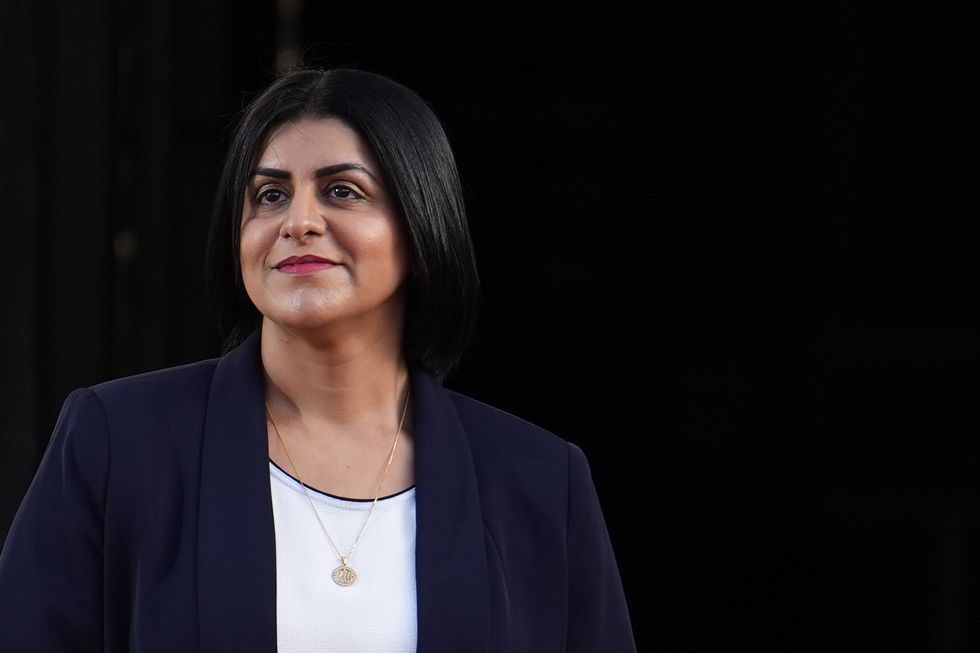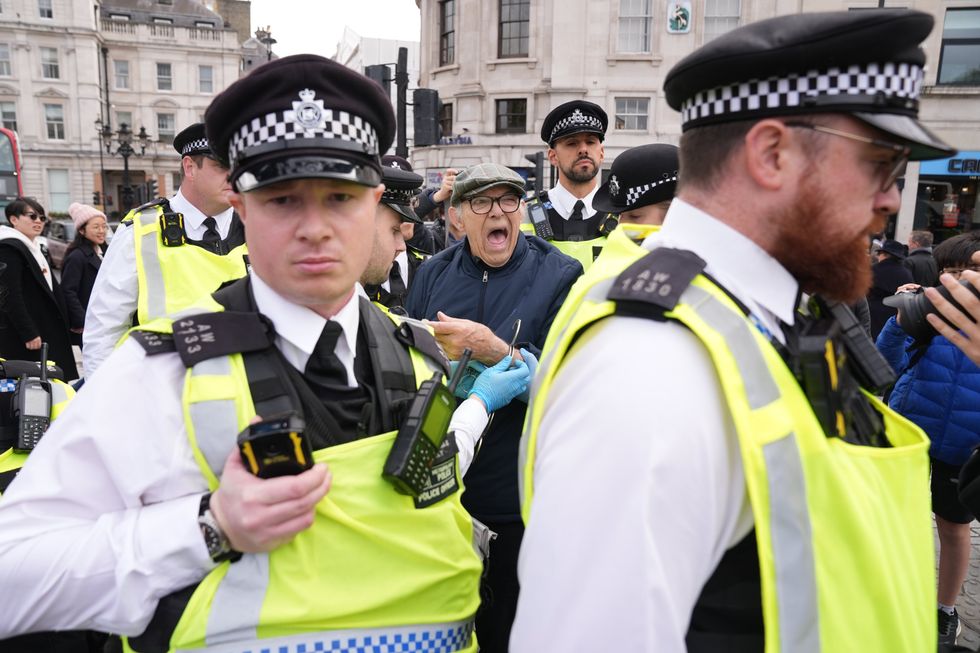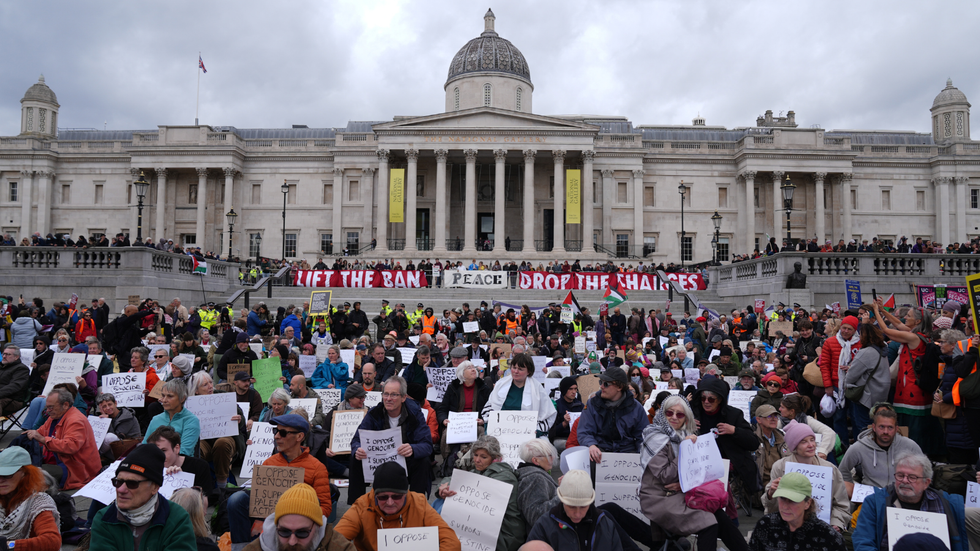Police forces across England and Wales have been granted new powers to tackle the disruption caused by repeated protests.
The upcoming measures, released on Sunday morning, will enable senior officers to assess the cumulative impact of protest activities when determining whether to restrict future gatherings.
Under the revised framework, police can assess whether demonstrations at a particular location have generated ongoing disorder over extended periods.
Officers will gain the power to direct organisers to relocate events to alternative venues if necessary.
The amendments will modify Sections 12 and 14 of the Public Order Act 1986, explicitly permitting consideration of how frequent demonstrations affect local areas.
Those who break the rules will face potential arrest and prosecution.
The Government says it plans to implement these changes at the earliest opportunity, with additional details expected to be released soon.
Home Secretary Shabana Mahmood said: “The right to protest is a fundamental freedom in our country. However, this freedom must be balanced with the freedom of their neighbours to live their lives without fear.”

She added: “Large, repeated protests can leave sections of our country, particularly religious communities, feeling unsafe, intimidated and scared to leave their homes. This has been particularly evident in relation to the considerable fear within the Jewish community, which has been expressed to me on many occasions in these recent difficult days.
“These changes mark an important step in ensuring we protect the right to protest while ensuring all feel safe in this country.”
The Home Secretary has commissioned an internal examination of all existing protest legislation to verify that current powers are adequate and uniformly enforced.
This assessment will encompass the authority to prohibit demonstrations entirely and will scrutinise provisions within the Crime and Policing Bill, which is currently progressing through Parliament.
LATEST DEVELOPMENTS:
- Kemi Badenoch vows to deport 150,000 illegal migrants per year in push to outflank Nigel Farage
- Veteran Tory defects to Reform UK on eve of Conservative Party conference
- Kemi Badenoch tells GB News Palestine protests are ‘completely wrong’ as she visits Manchester

The legislative package includes several new restrictions: prohibiting the possession of fireworks, flares, and pyrotechnics during demonstrations; establishing criminal penalties for climbing designated war memorials; and outlawing face coverings used to conceal identity at police-designated protests.
The announcement follows a weekend that saw nearly 500 individuals detained during demonstrations, with the majority arrested for allegedly supporting Palestine Action, a banned organisation.
Policing Minister Sarah Jones visited Lambeth Police headquarters on Saturday to observe the Metropolitan Police’s operational response.
During her visit, the minister discussed protest management challenges with the Met leadership and explored how emerging technologies, such as live facial recognition, might assist future operations.

The Home Secretary plans to contact all Chief Constables to acknowledge their rapid and professional handling of demonstrations nationwide following Thursday’s terrorist incident in Manchester.
Housing Secretary Steve Reed has urged local councils to utilise available resources and powers to safeguard Jewish communities, including restricting protest activities where feasible.
Police forces are collaborating with the Community Security Trust to provide reassurance and enhanced protection to 538 synagogues and Jewish community facilities throughout England and Wales.
Our Standards: The GB News Editorial Charter







Follow